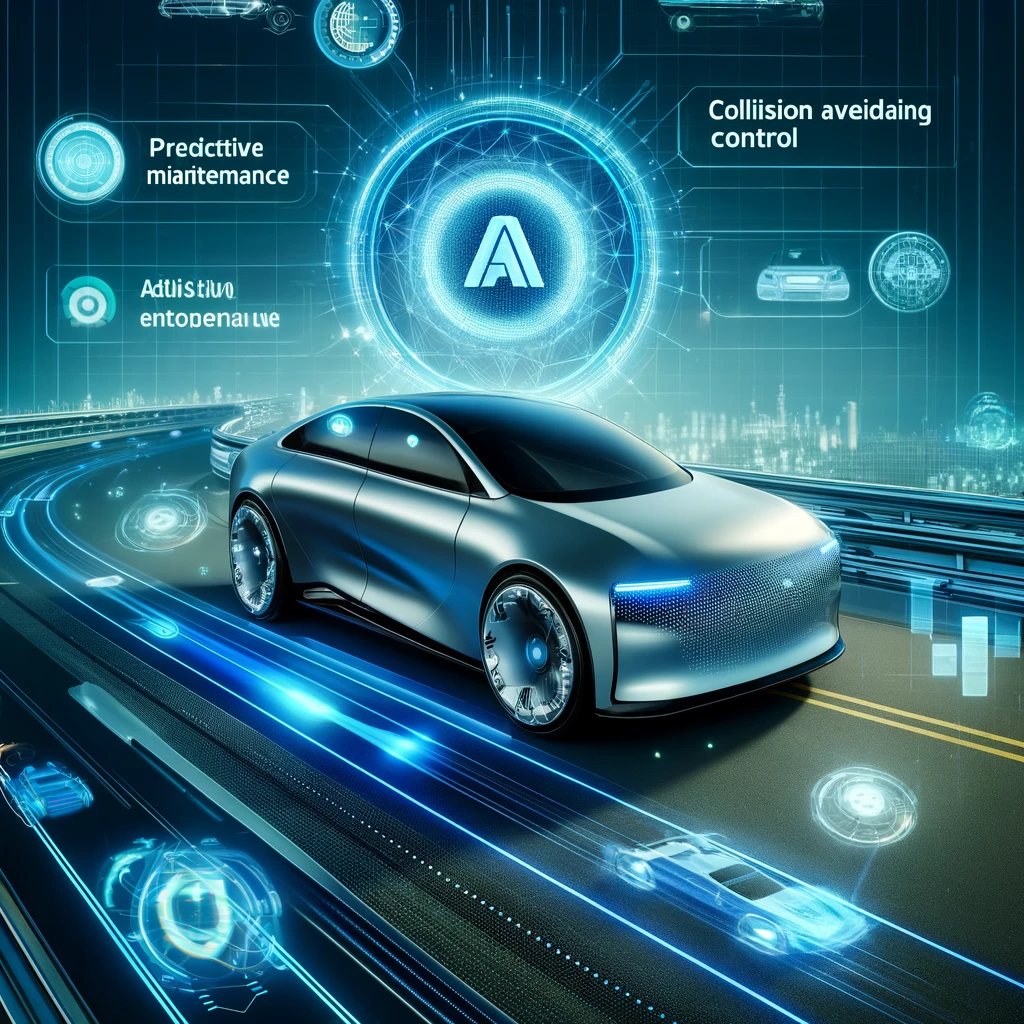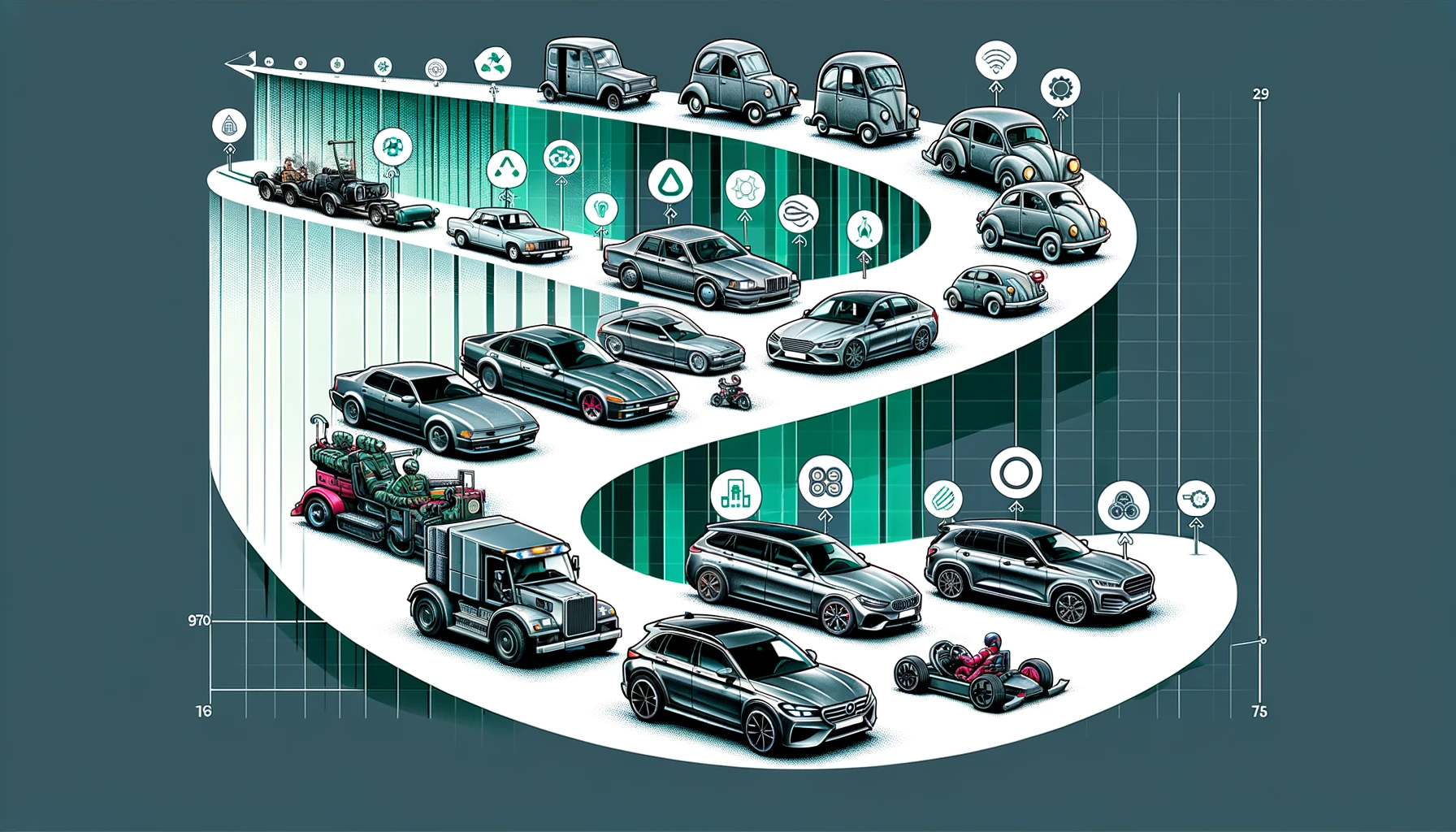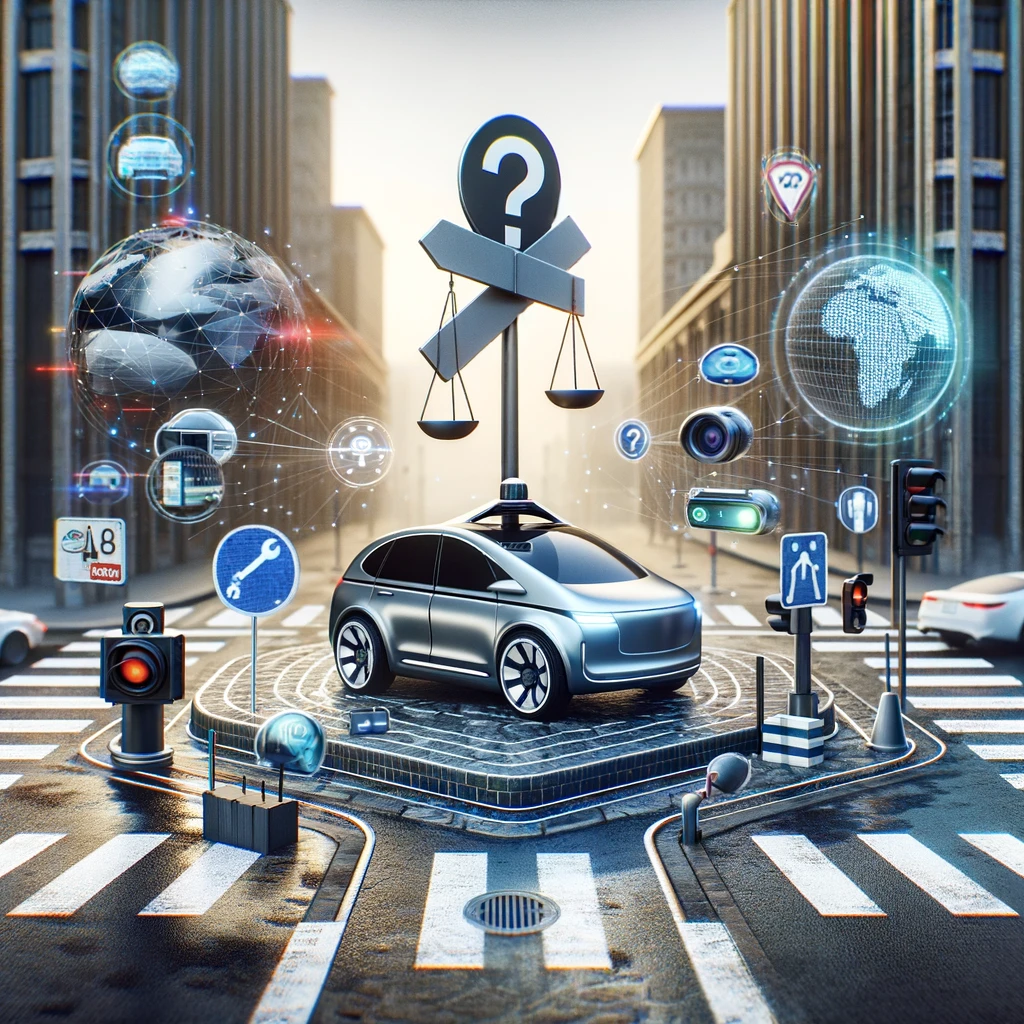Stories
Smart Driving: The Role of Artificial Intelligence in Modern Cars

Artificial intelligence (AI) is not just a buzzword in computer science; It has become a key force in the evolution of modern vehicles. Today's cars are equipped with AI-based technologies that improve vehicle performance, increase safety, and provide a more personalized driving experience. This article discusses how artificial intelligence is changing the automotive industry on various fronts.
Artificial Intelligence and Predictive Maintenance
One of the standout applications of artificial intelligence in automobiles is predictive maintenance. By constantly analyzing data from various sensors in the car, artificial intelligence can predict potential failures before they even happen. Such a preventative approach will not only save you on costly repairs, but it will also ensure that your vehicle performs at its best. For example, AI can analyze data on engine temperature, vibration, and service history to predict when a part is likely to fail or when maintenance is needed.
Enhanced security thanks to artificial intelligence
Safety has always been paramount in car design, and artificial intelligence has taken it to the next level. Advanced driver assistance systems (ADAS), such as automatic braking, collision avoidance systems, and pedestrian detection, rely on artificial intelligence. These systems process data from cameras and sensors around the vehicle in real-time to make split-second decisions that can prevent accidents and save lives.
Driving Assistance and Autonomous Driving
Artificial intelligence is at the heart of the autonomous driving revolution. Autonomous cars use artificial intelligence to interpret sensor data to navigate roads, avoid obstacles, and obey traffic rules. Even in vehicles that are not fully autonomous, artificial intelligence contributes to the development of driver assistance features such as lane keeping assist, adaptive cruise control, and traffic-aware navigation. All of them are designed to reduce the driver's workload and reduce human error.
Personalization & Convenience
In addition to safety and maintenance, AI also improves the driving experience by learning the user's preferences. Artificial intelligence systems can tailor many aspects of driving to individual preferences, making journeys more comfortable and personalized, from regulating cabin temperatures to choosing routes that avoid high-traffic areas.
The Role of Artificial Intelligence in Electric Vehicles
In electric vehicles (EVs), artificial intelligence plays a key role in managing battery consumption to increase range and performance. AI algorithms optimize power distribution based on driving patterns and road conditions, improving the overall performance of electric vehicles. In addition, artificial intelligence helps dynamically adjust charging levels based on grid needs to ensure efficient use of energy.
Issues and Ethical Considerations
While the benefits are significant, the integration of AI into vehicles also comes with challenges, especially with regard to ethics and privacy. Issues such as data security, visibility, and accountability for AI-based decisions are topics of ongoing debate. Ensuring that these technologies are used responsibly and transparently will be critical as their presence in vehicles continues to grow.
Wrapping Up: The Future
The role of artificial intelligence in modern vehicles is growing, changing the way we think about driving and automotive technology. As artificial intelligence advances, its integration into in-car systems promises not only smarter and more efficient cars, but also revolutionary changes in the driving experience. The potential for future innovation seems limitless, heralding a new era of automotive intelligence.










